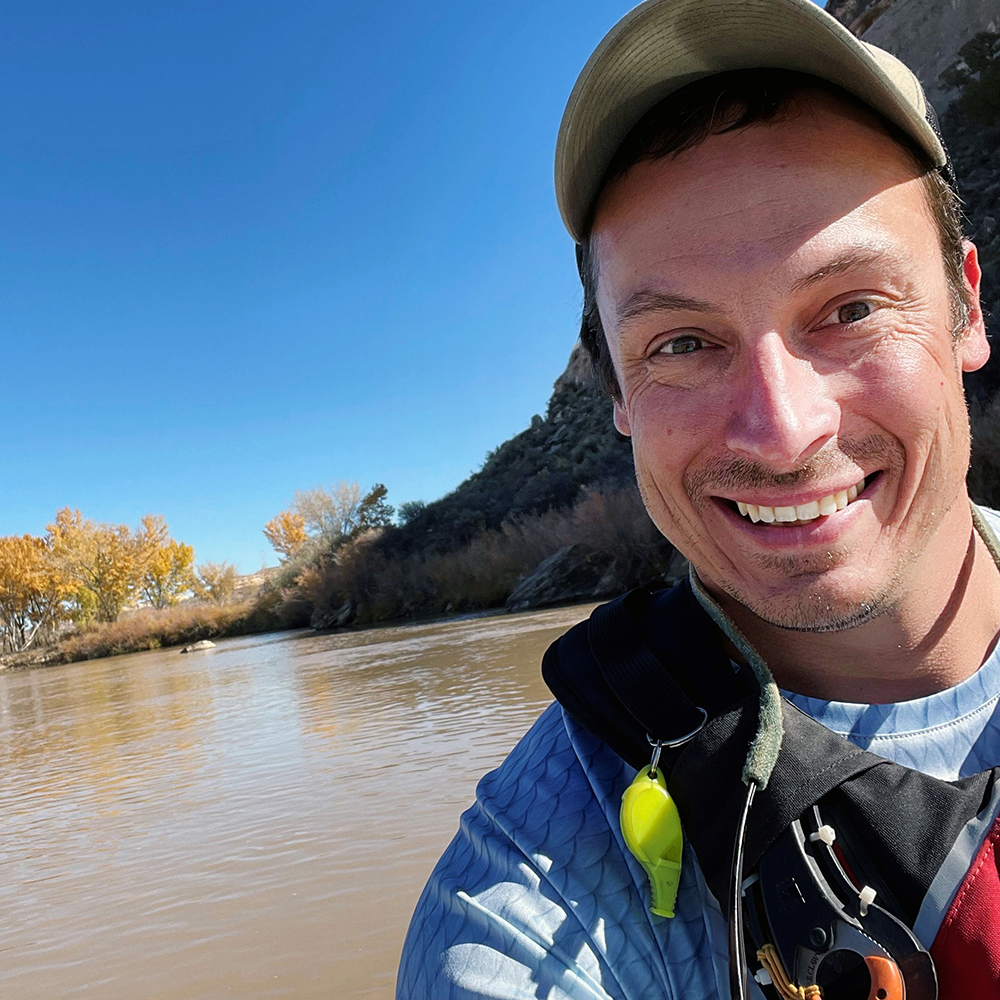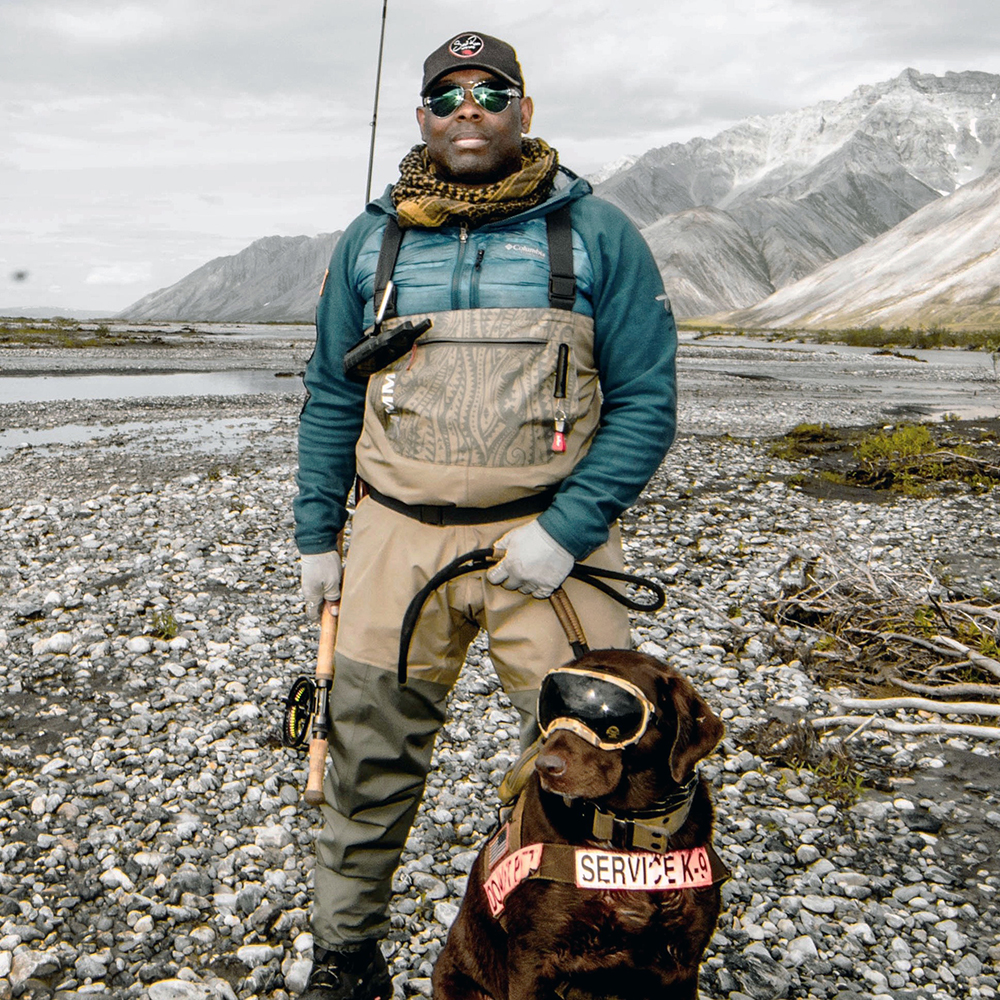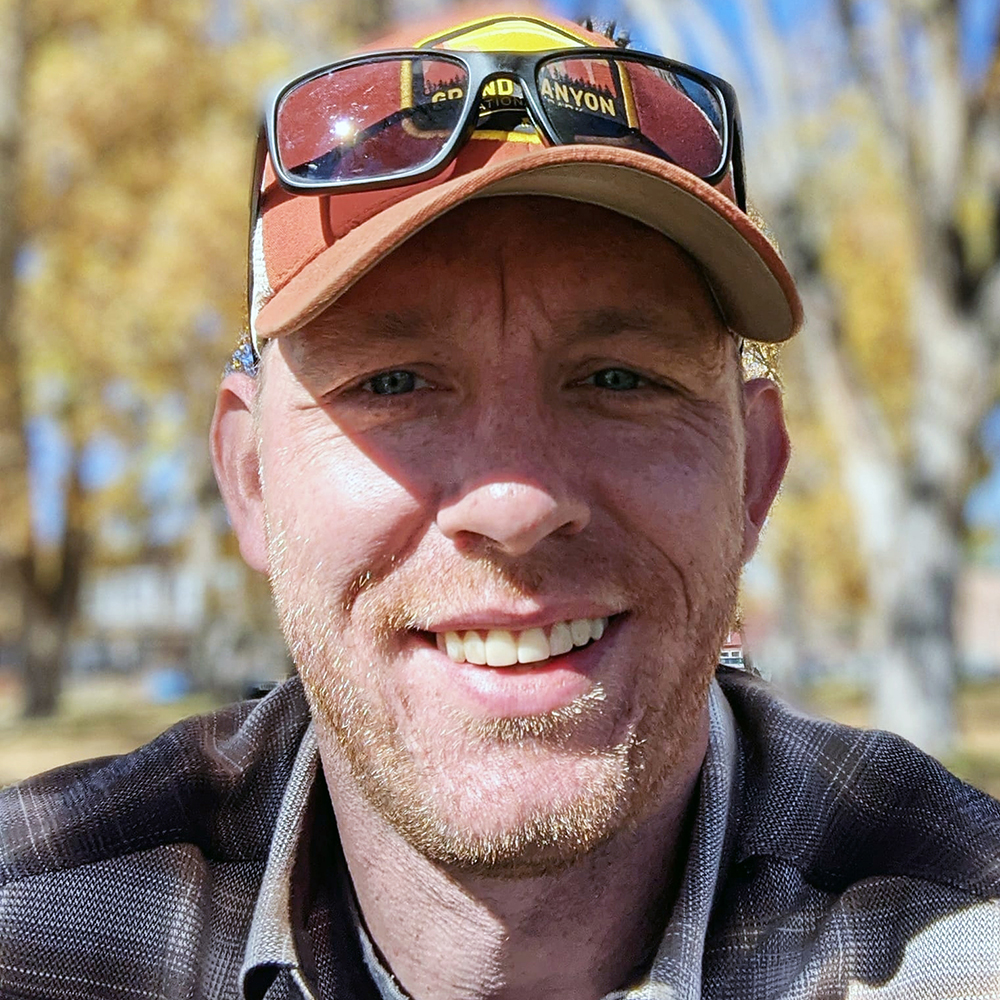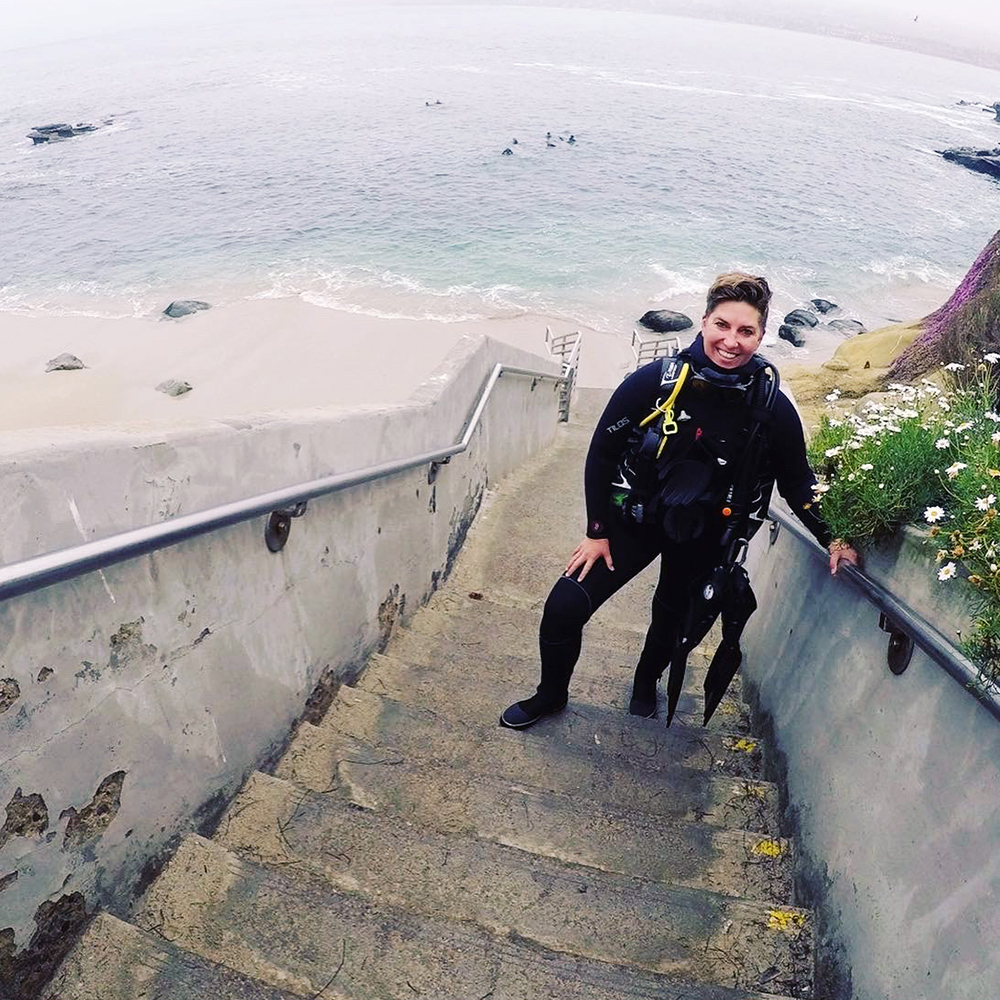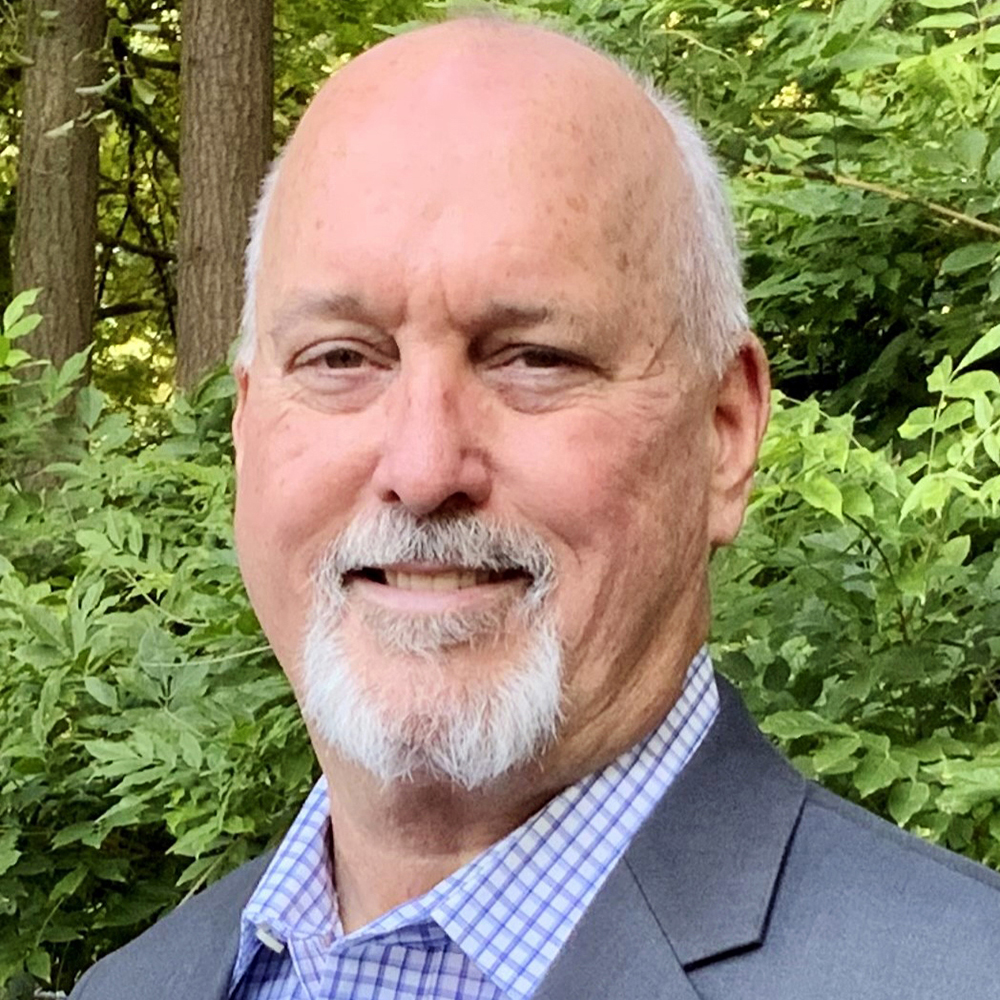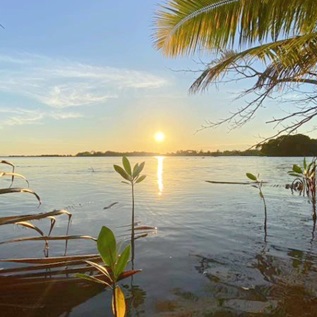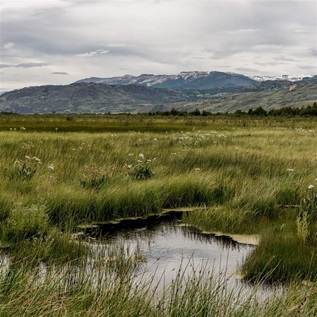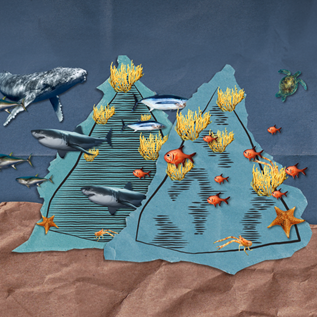Veterans, Finding Solace Outdoors, Urge Congress to Pass Conservation Bills
5 former service members share what public lands and waters mean to them
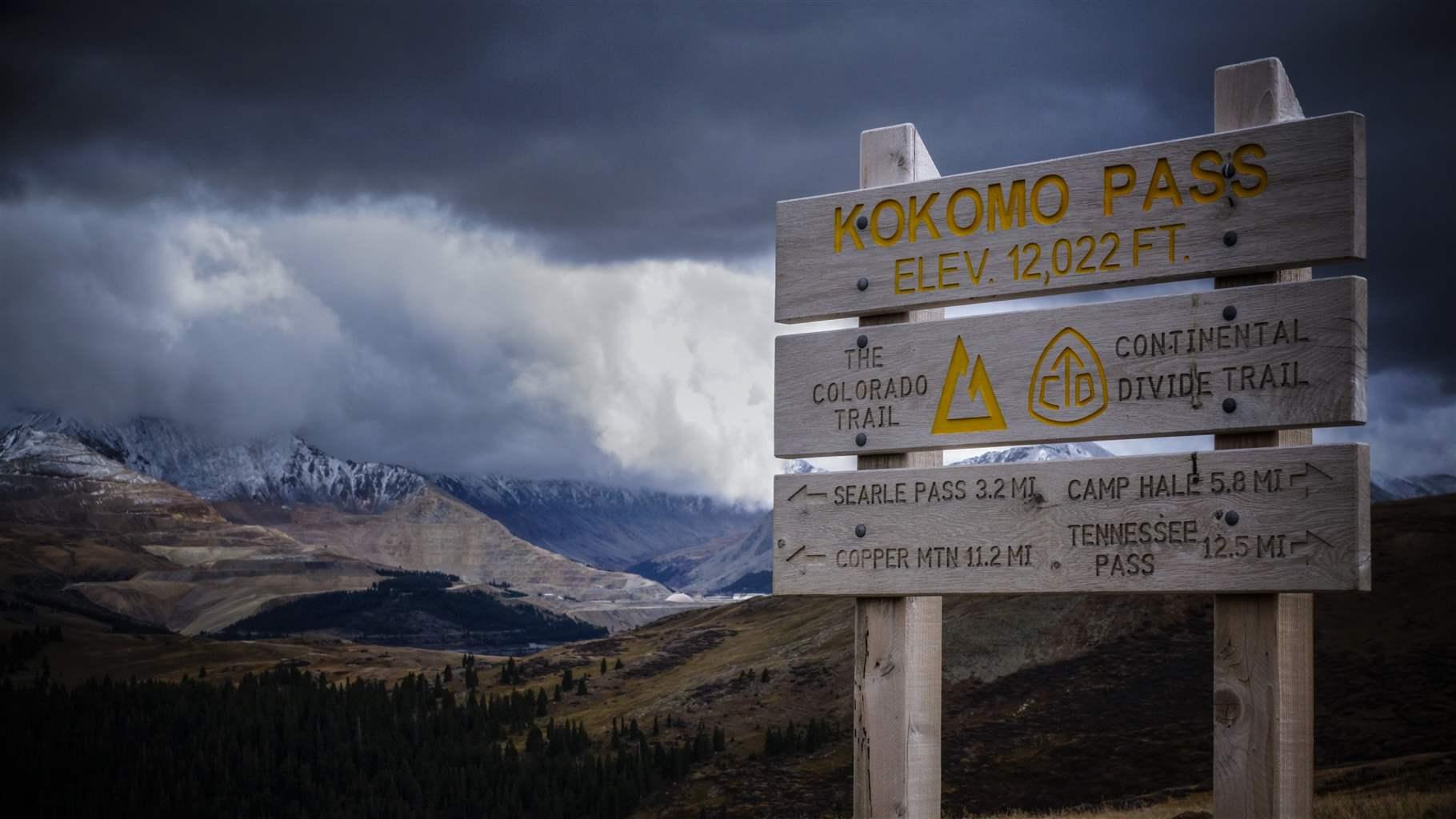
Across the U.S., the great outdoors has been having a moment, with record numbers of people visiting national parks and other public lands and waters over the past few years. This makes sense: These spaces provide opportunities for recreation, learning, and connecting with nature and other people in often awe-inspiring landscapes. Protected lands and waters are also important drivers for local economies. And the pandemic further highlighted these benefits as people sought safe areas to congregate, exercise, and find relief from social isolation.
For many U.S. military veterans, the surge in popularity of public lands and waters comes as no surprise. Service members returning from combat have long found solace in the outdoors, places where they have also reconnected with loved ones and civilian life. And today, many of them are increasingly speaking up for protection of more of our nation’s landscapes.
Coincidentally, Congress is considering measures to accomplish that: bills that would add or improve safeguards for ancient forests, snowcapped mountains, free-flowing rivers, and the area around America’s most famous canyon. Below, five veterans share their thoughts on places that Congress could protect this year to help ensure that Americans will always have these places to come home to.
“Our public lands, including Colorado’s Camp Hale and the surrounding areas, define our country, and it is what I fought to defend,” says Brad Noone, who served with the U.S. Army in Afghanistan. Noone called Camp Hale “extremely important to protect, because much of the nation’s—and specifically Colorado’s—ski industry stemmed from World War II veterans who were trained [there].” He’s advocating for the Colorado Outdoor Recreation & Economy (CORE) Act, which would safeguard more than 360,000 acres of public land, including Camp Hale; establish new wilderness areas; and conserve outdoor recreation opportunities that would help boost the local economy. “Passing the CORE Act will honor generations of veterans,” Noone says.
U.S. Navy veteran Chad Brown of Portland, Oregon, says: “Spending time on wild lands and rivers is an invaluable part of the healing process for returning service members.” Outdoor experiences, he says, “are therapeutic and help us become more resilient. Sometimes they are lifesaving. That’s why we must do what we can to protect our natural spaces, and that’s why Congress should pass these conservation measures.” Brown testified last year at a public town hall in support of safeguarding tributaries to Oregon’s Rogue River, some of which are included in the River Democracy Act, which would conserve nearly 4,700 miles of the state’s waterways.
“As a veteran, I’ve continued to want to serve and support the nation,” says U.S. Army veteran Rob McFarren of Phoenix. “An avid hiker and backpacker, I was drawn to the Grand Canyon and quickly saw how special it was.” McFarren is urging Congress to pass the Grand Canyon Protection Act, because, as he explains, “I want to see the Grand Canyon remain safeguarded from uranium mining for future generations of Americans and veterans.”
“After returning from service, many veterans depend on the open spaces and quiet of our public lands to help heal and reconnect with our families, fellow veterans, and friends,” says Marine Corps veteran Janessa Goldbeck of San Diego, who wants to see the Protecting Unique and Beautiful Landscapes by Investing in California (PUBLIC) Lands Act become law. The bill would increase protection of and access to over 1 million acres of public lands and over 500 miles of rivers in northwestern California, on the Central Coast, and near Los Angeles. “Service members have been on the front lines of efforts to protect public lands and waterways for generations,” Goldbeck notes. “We swore an oath to defend America, and that includes the rivers, mountains, lakes, canyons, and deserts of our backyards.”
“For me, there is no place like the wild Olympic Peninsula,” says Iraq War veteran Rick Hegdahl, who lives in Renton, Washington, on the outskirts of Seattle. In particular, Hegdahl is a fan of the Olympic Peninsula’s “quiet ancient forests, clean, free-flowing rivers, and opportunities for recreation and renewal [which] have been a critical part of returning to civilian life.” He says that he’s among the “broad, diverse, and growing community of supporters of the Wild Olympics Wilderness and Wild and Scenic Rivers Act,” which would designate the first new wilderness in the Olympic National Forest in nearly three decades. Hegdahl also noted that May is Military Appreciation Month, adding: “What better way to honor the nation’s veterans than conserving the special places that are so important in our lives?”
Each of the five bills mentioned above passed the House of Representatives in early 2021 as part of the Protecting America’s Wilderness Act. Now the Senate should follow suit to help safeguard areas that are cherished by veterans—as well as by locals and visitors across the U.S.
Brett Swift works on The Pew Charitable Trusts’ efforts to protect and restore free-flowing rivers, and John Seebach leads Pew’s efforts on wilderness protection and national forest planning, both for the U.S. public lands and rivers conservation project.
